What the new German government means for Ukraine
With Merz at the helm and the SPD’s Boris Pistorius likely gaining a seat at the table, Ukraine can expect a stronger ally in Berlin.
BERLIN — In Sunday’s German election, Ukraine won big.
Friedrich Merz — who has vowed to strengthen Germany’s support for Ukraine — will be at the helm of Germany’s next government, while sitting Chancellor Olaf Scholz, who has faced criticism for his reluctance to step up aid, will be out of the picture.
Merz said on Monday that his conservative alliance will seek to form a two-party government with the center-left Social Democrats (SPD), noting that coalition negotiations are already in motion. He said he hoped the new coalition will be in place by Easter, meaning the third week of April.
For Kyiv, which has reached a critical juncture in its war with Russia as the Trump administration and Russian President Vladimir Putin negotiate a peace deal over the heads of European leaders, this is good news.
While European leaders have scrambled to formulate a response to Trump’s initiative, Merz reiterated his support for Ukraine on the third anniversary of Russia’s full-scale invasion: “Europe remains firmly on Ukraine’s side,” he posted on X. “Now more than ever, we need to put Ukraine in a position of strength.”
Ukrainian leaders must be included in any negotiations to end the war, Merz added.
German Defense Minister Boris Pistorius, one of the SPD’s strongest advocates for Ukraine, is also expected to have a seat at the table. The centrist cabinet member has emerged as one of Germany’s most popular politicians over the last few years, and is already shaping up as a potentially ideal coalition partner for Merz.
Pistorius said on Sunday night that he expects to play a role in any potential coalition negotiations with Merz’s conservatives.
“I see my role quite simply as someone who is in the leadership ranks of the party,” Pistorius told German public broadcaster ARD.
Pistorius has used his post as defense minister to push for billions more in military support for Ukraine and is understood to have privately favored sending long-range Taurus cruise missiles to Ukraine, a policy overruled by Scholz but loudly supported by Merz.
What’s more, Pistorius has long campaigned for a sustained increase in national defense spending, something Merz has also pledged to deliver, and has proposed a voluntary national service plan that the conservatives want to expand.
Pistorius has also forged strong ties with his French and British counterparts, which could help oil the wheels of Merz’s foreign policy agenda.

“In many ways, [Pistorius is] very digestible for the conservatives,” said Christian Mölling from the Bertelsmann Foundation think tank.
While he cautioned the defense minister “doesn’t have a very strong pillar in [his own] party,” he has multiple options for a seat in cabinet given his popularity and national profile.
“Pistorius could become almost anything,” Mölling said.
Scholz — who billed himself as the “peace chancellor” during the election campaign, a leader who could support Ukraine while keeping the war from spiralling out of control — won’t play a role in coalition talks or in the next government.
“I will not be a representative of the SPD in a federal government led by the CDU, nor will I negotiate,” he said during a televised discussion with other top candidates and party leaders Sunday night.
Ukrainian leaders have welcomed the election results and the prospect of a more pro-Ukraine government taking power.
“A clear voice from the voters, and we see how important this is for Europe,” said Ukrainian President Volodymyr Zelenskyy in his congratulatory message to Merz.
Oleksii Makeiev, Ukraine’s ambassador to Germany, told reporters in Berlin on Monday that he’d be happy to see “those who have supported Ukraine in recent years” at the table for coalition talks — a possible nod to Pistorius.
However, even if vocal Ukraine backers hold key roles in the new government, they will still have to contend with a larger pro-Russia contingent in the German parliament, including the Kremlin-friendly Alternative for Germany (AfD) party, which won more than 20 percent of the vote on Sunday.
Rixa Fürsen contributed to this report.
What's Your Reaction?










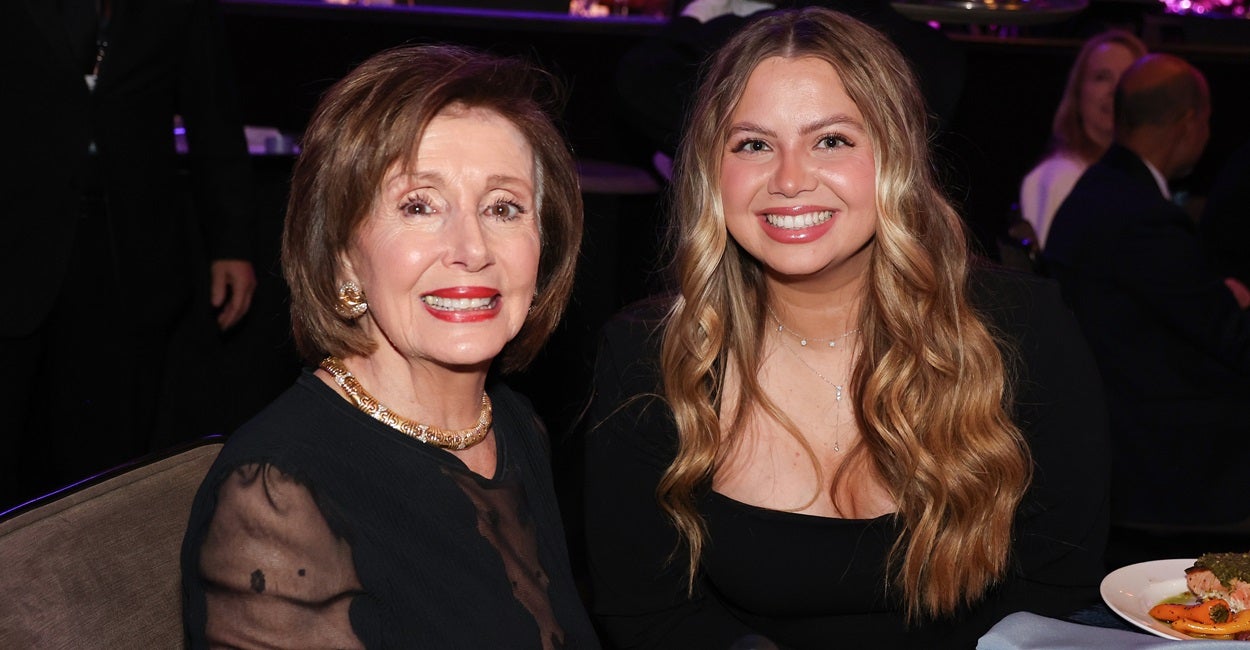
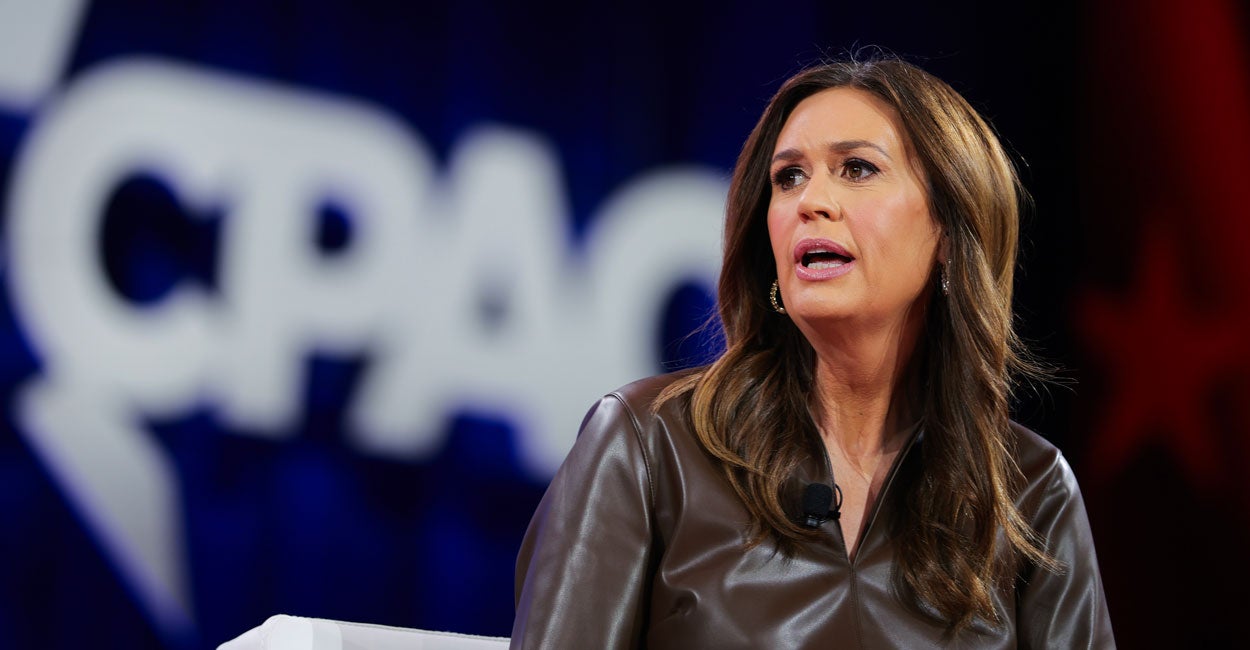





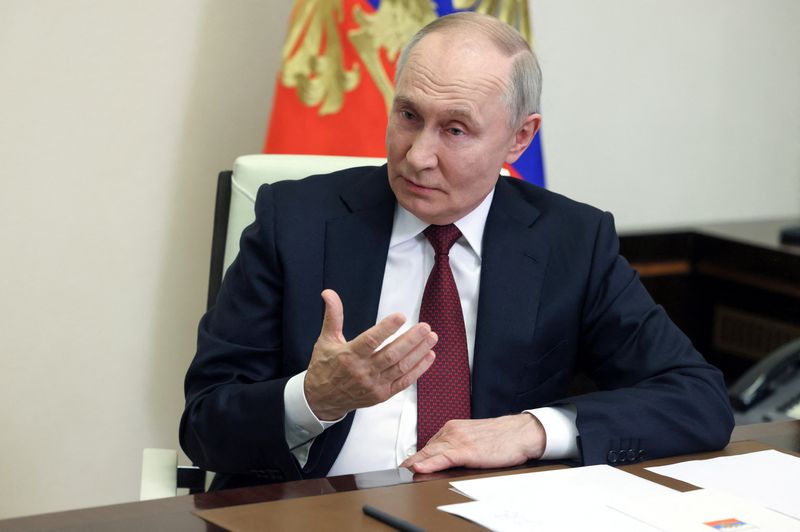
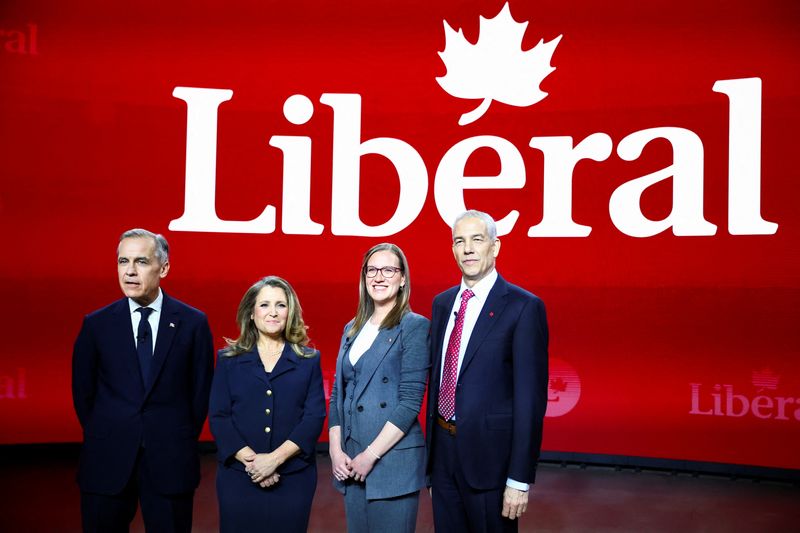

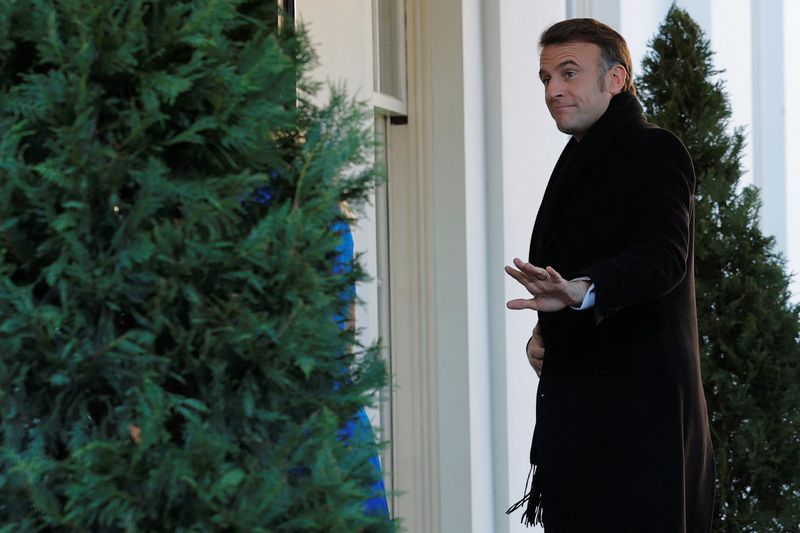





:quality(85):upscale()/2024/09/09/785/n/1922283/901e710666df358b373de2.40207443_.jpg?#)
:quality(85):upscale()/2024/07/23/904/n/1922283/dc92642c66a0159ee98db4.72095370_.jpg?#)
:quality(85):upscale()/2024/07/10/842/n/1922283/8fb902af668edd399936b2.17277875_.jpg?#)
:quality(85):upscale()/2024/06/07/909/n/1922283/82a389f8666372643f2065.06111128_.jpg?#)
:quality(85):upscale()/2024/06/07/726/n/1922283/10bee64e666334778cf548.63095318_.jpg?#)
:quality(85):upscale()/2025/02/03/788/n/1922283/010b439467a1031f886f32.95387981_.jpg)
:quality(85):upscale()/2025/01/08/844/n/1922398/cde2aeac677eceef03f2d1.00424146_.jpg)
:quality(85):upscale()/2024/11/27/891/n/1922398/123acea767477facdac4d4.08554212_.jpg)
:quality(85):upscale()/2024/12/02/919/n/1922398/2b4b75f6674e20edcc99c3.42112799_.jpg)
:quality(85):upscale()/2024/10/29/690/n/1922398/e9bec6b46721006258d949.01358236_.jpg)










